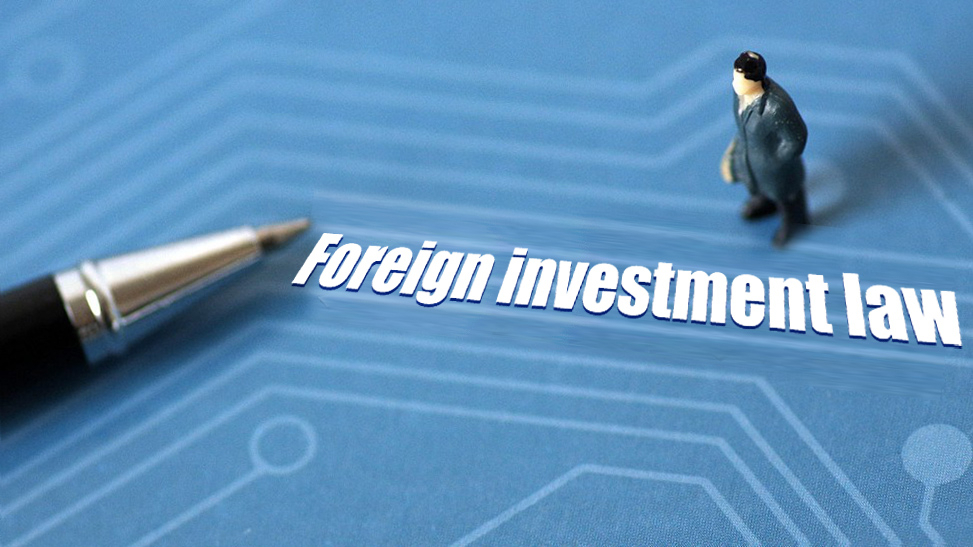
Economy
09:41, 30-May-2019
Round 2: Both China, U.S. stress IP protection
Updated
22:52, 31-May-2019
CGTN

CGTN anchor Liu Xin joined a live television discussion with Fox Business Network host Trish Regan on China-U.S. trade issues.
Trish Regan: How do American businesses operate in China if they face the risk of losing their IP?
"There is a consensus... that nobody, no country or individual can be stronger, can develop itself," said CGTN anchor Liu Xin on Thursday, adding that isolated cases do not mean that either "America is stealing or Chinese people are stealing."
China has intensified its crackdown on IPR infringement to better protect the rights and interests of companies operating in the country.
China became the second-largest source of international patent applications filed via the World Intellectual Property Organization (WIPO) in 2017, according to WIPO.
Two Chinese technology companies were the top sources of international patent applications, with Huawei ranking first and ZTE coming in second. Intel, Mitsubishi and Qualcomm rounded off the top five, according to WIPO.
Foreign Investment Law

VCG Photo
VCG Photo
China's Foreign Investment Law (FIL), passed in March this year, has explicitly banned forced technology transfer.
"The state shall protect the IPRs of foreign investors and foreign-invested enterprises, and encourage technological cooperation based on the principles of voluntary and commercial norms," according to Article 22.
The law also intends to bring foreign businesses broader market access, protect their intellectual property and guarantee a “level playing field” for both foreign and domestic companies.
Foreign investment in China rose by three percent in 2018, according to the Chinese Ministry of Commerce, despite a 19-percent decline in global cross-border investments.

SITEMAP
Copyright © 2018 CGTN. Beijing ICP prepared NO.16065310-3
Copyright © 2018 CGTN. Beijing ICP prepared NO.16065310-3